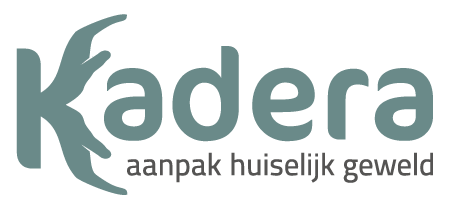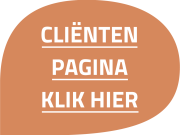Your process
When you arrive at Kadera, you will be welcomed and given a tour of the premises. You will have a welcome interview followed by an intake interview. During these interviews, we will give you all the important information and explain how things work at Kadera.
- Registration
- Welcome
- Intake
- Screening on riscs and security plan
- Powers-inventarisation
- Action plan
- Work on actions
- Evaluation
- Stream out
- Aftercare


